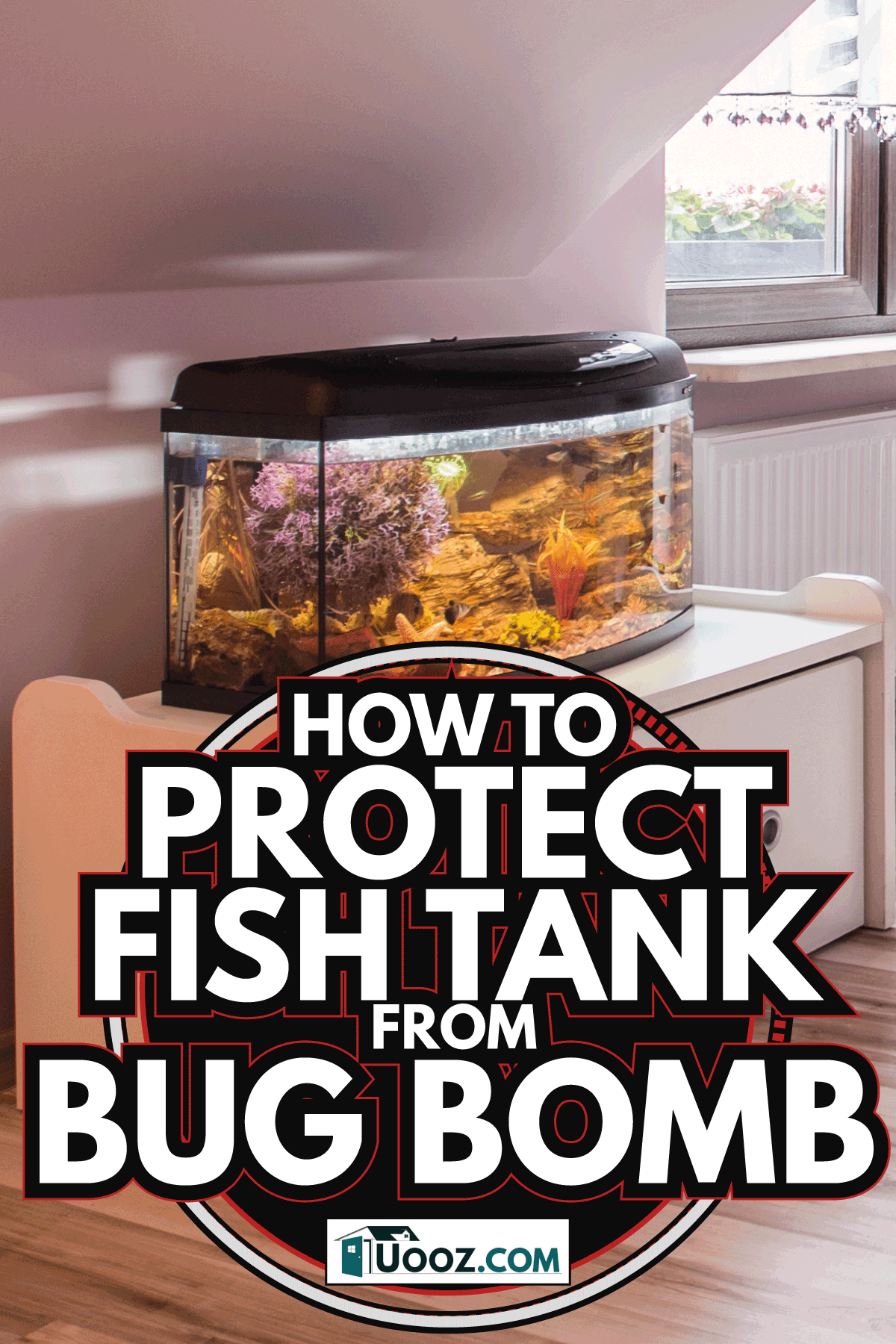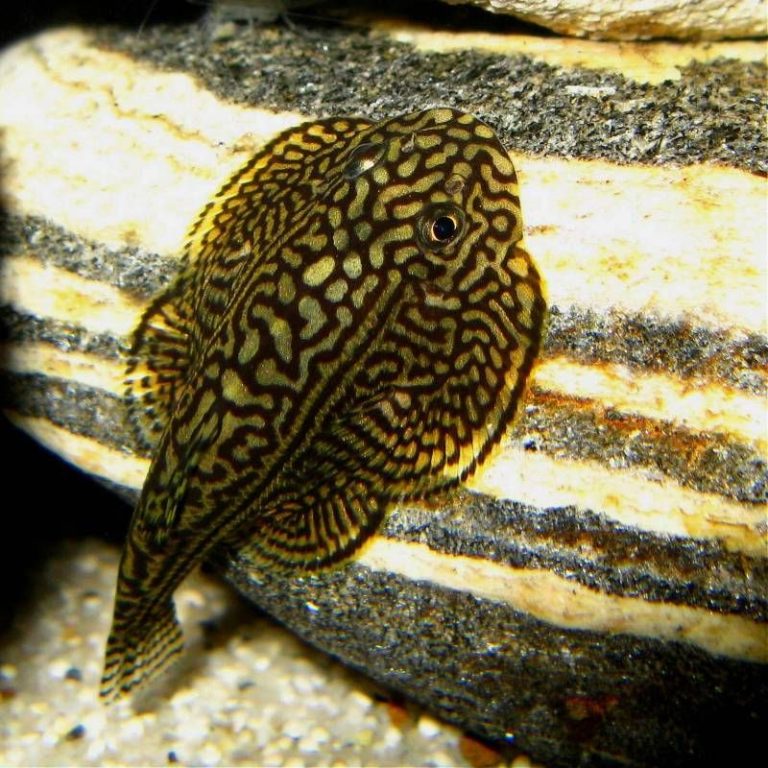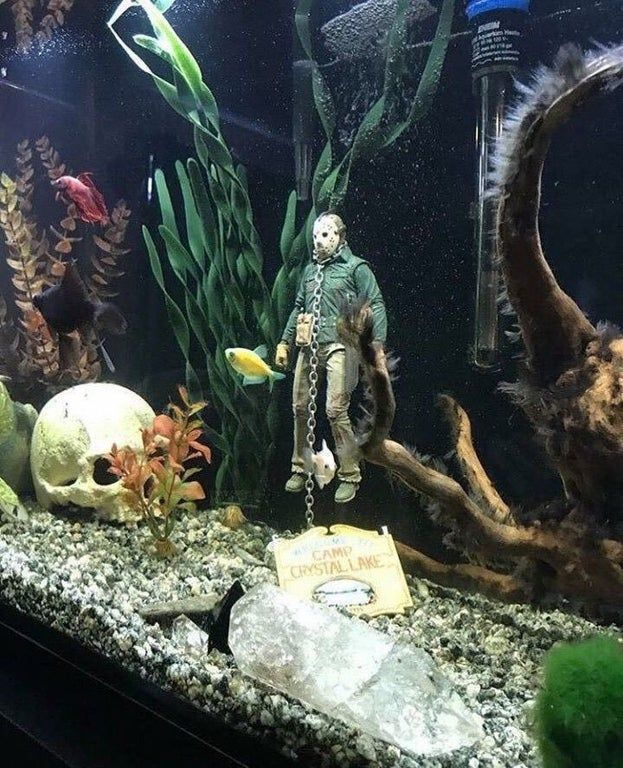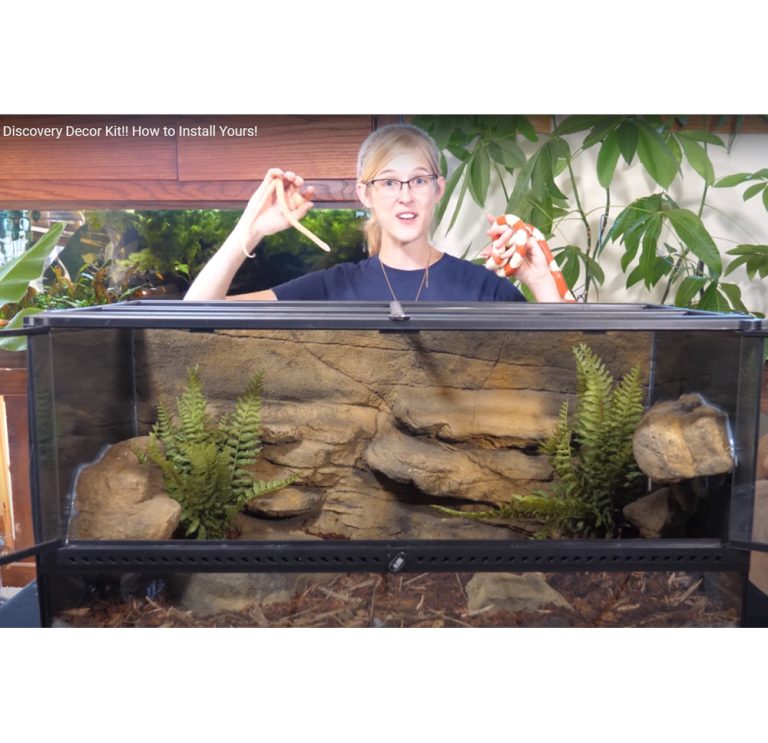Can You Bug Bomb A House With A Fish Tank
Can You Bug Bomb a House with a Fish Tank?
The answer is no, you should not bug bomb a house if you have a fish tank. Bug bombs, also known as foggers, release insecticides into the air to kill pests like ants, roaches, and mosquitoes. While bug bombs can be effective in eliminating pests, they can also be harmful to fish and other aquatic animals. The insecticides in bug bombs can contaminate the water in the fish tank, leading to illness or even death for your fish.
In this article, we will explore why it is not safe to use bug bombs in a house with a fish tank. We will also provide alternative methods for dealing with pests that will not put your fish at risk.
Why Is It Dangerous?
Bug bombs contain chemicals called pyrethroids, which are toxic to fish. These chemicals can easily dissolve in water and contaminate the fish tank. Even if you cover the fish tank with plastic or remove the tank from the area being treated, the chemicals can still seep into the tank through tiny openings or simply by being in the same room.
Exposure to these chemicals can cause a range of problems for fish, including difficulty breathing, fin rot, and even death. Fish are extremely sensitive to changes in their environment, and even a small amount of insecticide can have a devastating effect.
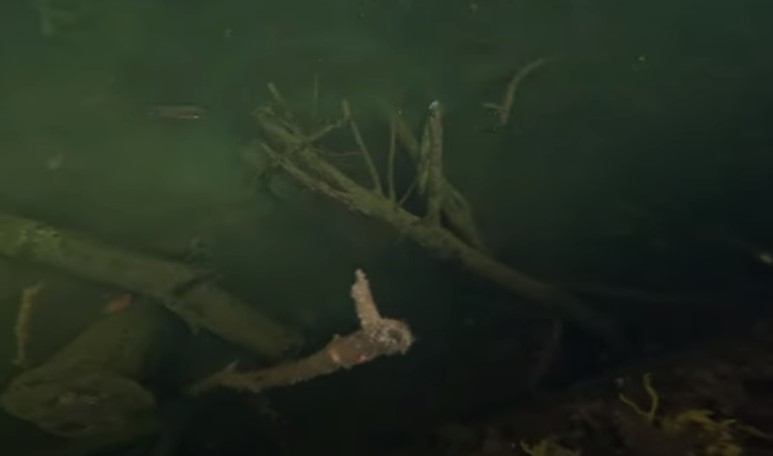
Alternative Methods
Fortunately, there are alternative methods for dealing with pests that do not put your fish at risk. Here are a few options to consider:
1. Targeted Treatments
Instead of using bug bombs, opt for targeted treatments that focus specifically on the areas where pests are present. This can include using bait stations, gels, or sprays that can be applied directly to problem areas. By treating the source of the infestation and avoiding widespread insecticide use, you can reduce the risk to your fish.
2. Natural Remedies
Many natural remedies can be used to repel or eliminate pests without harming your fish. For example, you can use essential oils like peppermint or citronella to deter insects. Additionally, diatomaceous earth is an effective and safe means of controlling pests. It is made from fossilized remains of diatoms, a type of algae, and works by desiccating insects upon contact.
3. Professional Pest Control
If the infestation is severe or you are unsure about how to handle it yourself, it may be best to call in a professional pest control company. They can assess the situation and recommend the most appropriate and safe treatment method. Be sure to inform them about your fish tank to ensure they use fish-friendly methods.
Frequently Asked Questions
Q: Can I cover my fish tank with plastic while bug bombing the house?
A: While covering the fish tank with plastic may seem like a solution, it is not foolproof. The chemicals released by bug bombs can still seep into the tank through tiny openings or simply by being in the same room. It is best to avoid bug bombing altogether if you have a fish tank.
Q: What should I do if I accidentally bug bombed my house with a fish tank?
A: If you realize that you have accidentally bug bombed your house with a fish tank, act quickly. Remove the fish from the tank and place them in a clean container with fresh water. Thoroughly clean the tank and replace the water. Let the tank run for a few days to ensure any residual chemicals are removed before reintroducing the fish.
Q: Are there any safe bug bombs for use around fish tanks?
A: There are currently no bug bombs specifically designed to be safe for use around fish tanks. It is best to avoid using bug bombs altogether if you have a fish tank in your home.
Final Thoughts
While bug bombs can be effective in eliminating pests, they pose a significant risk to fish in a house with a fish tank. The chemicals released by bug bombs can easily contaminate the water and harm or even kill your fish. It is essential to consider alternative methods for pest control that are safe for your fish. Targeted treatments, natural remedies, and professional pest control are all viable options to explore. By taking the necessary precautions, you can both protect your home from pests and ensure the well-being of your fish.
